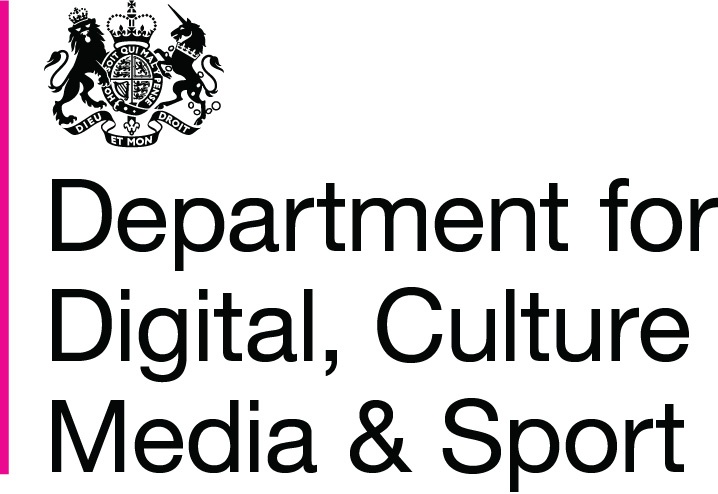Written by Claire Farrow, OutsourceUK
24th July 2017
Network Rail’s Chief Data Officer, Caroline Carruthers, was recently quoted during Outsource UK’s Inspiring Women in Technology meet up last month for saying that it is our duty to “send the elevator back down to those below you” and with only 17.3% of FTSE 100 director posts held by women, this powerful phrase has remained in my thoughts ever since.
So what can we be doing more of to support each other in reaching the top?
According to McKinsey, only 40% of females actually desire to become a senior leader, as opposed to 56% of male professionals. Why? We already know that there is a lack of confidence when it comes to shouting out about our abilities but with Second-Generation Gender Bias still prevalent in many sectors, it’s no wonder this lack of self-belief still exists.
What is second generation gender bias?
Second-generation gender bias are workplace practices which appear neutral on the surface, but in reality oppress females in certain situations, such as the lack of female role models and leaders subconsciously discouraging the next generation from viewing senior women as credible sources of advice and support, and leadership qualities still referred to using masculine terminology such as decisive, assertive, and independent.
How do we fight back at second generation gender bias? What can we do to help ourselves?
Build a strong network or peer group
Self-promote
Be sure to be noticed
Find a Sponsor
Day to day, we do our job, hope to be noticed for our great work, and patiently wait for that promotion or opportunity to come along. But often there’s a key contributor to moving up the ladder: A Promoter, a Supporter, an Influential body: a Sponsor.
Sponsors are internal connections, mentors and leaders who can open the door to new opportunities, such as promotions or critical projects. Mentors coach and help us grow on a personal level, whereas Sponsors help us climb the ladder. They are powerful supporters who can use their credibility to help us gain access to the right networks. And it is not only us females who should be seeking out a Sponsor(s). Companies with only a few women at the top should also encourage this in an attempt to increase their numbers of females in managerial roles, break down the barriers, and most importantly, stamp out second generation gender bias.
The clear message from our panellists last month was to have confidence, to know our potential and to go out and get it. We should always be looking for new opportunities and if a Sponsor is willing to actively endorse us and open those elevator doors, we shouldn’t simply sit back and wait for that promotion to come our way, we must seek out the opportunities and show those at the top what we have got!
If you would like to discuss ways to introduce Sponsors into your business, or gender diversity initiatives in general, contact the Outsource Diversity and Inclusion Team on 01793 430021 or at techwomen@outsourceuk.co.uk
Claire Farrow, Inspiring Women in Technology,
#OUKwomenintech
cfarrow@outsource-uk.co.uk
https://www.linkedin.com/in/cfarrowoutsourceuk/
@CF_OutsourceUK








